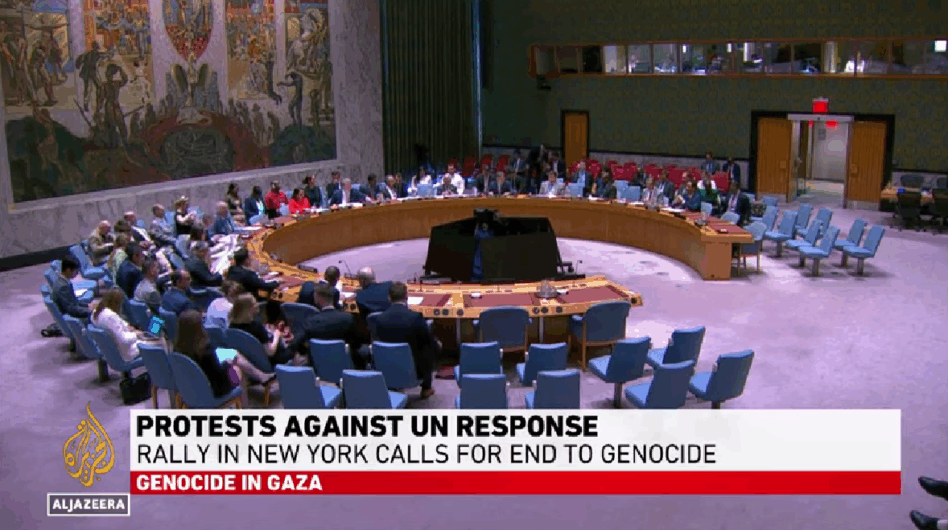A RECENT UNICEF study sheds light on the stark reality faced by low-income families in Kuala Lumpur while The Straits Times reported how Malaysians are tightening their belts with the high cost of living eating into their salaries.
More people seem to be turning to roti canai for lunch, especially in the city centre in Johor Bharu, said a restaurant operators’ association to the Singapore newspaper.
Johor Indian Muslim Entrepreneurs Association secretary Hussein Ibrahim said 24-hour eateries or mamak restaurants used to serve roti canai only for breakfast as the operators wanted to focus on nasi kandar or mixed rice dishes during lunch hour.
But now, the members of these restaurant associations are serving roti canai round the clock due to the rising demand.
The customers said they prefer flatbread over mixed rice because it is much cheaper, said the association.
Moreover, the report from The Straits Times is in line with the recent UNICEF study.
The study reveals that half of the children in a certain demographic are now consuming only two meals or fewer each day.
Conducted on 755 households residing in 16 low-income flats, the study underscores the profound impact of the pandemic on these families’ ability to afford basic necessities, particularly food.
According to the findings, 52% of surveyed children are now eating fewer than three meals daily, compared to 45% before the pandemic.
This alarming increase in food insecurity is exacerbated by the rising cost of living, forcing many breadwinners to work longer hours and even cut back on essential items.
Moreover, the study highlights the grim reality that 40% of children are living in households below the poverty line, signalling an urgent need for interventions to address their plight and break the cycle of intergenerational poverty.
The survey also reveals that eight out of ten households are struggling to make ends meet, with many forced to reduce spending on essentials like food to cope with financial constraints. Despite an increase in median household income, poverty rates remain high, particularly among households led by women and people with disabilities.
The report advocates for a review of the minimum wage, citing the discrepancy between the current rate of RM1,500 and the proposed minimum of RM2,102 to adequately meet living costs. This call for action underscores the pressing need to address economic disparities and ensure the well-being of vulnerable populations.
Overall, while there has been a slight reduction in the poverty rate since March 2021, significant challenges persist, particularly for households led by women and persons with disabilities. The findings emphasise the urgent need for comprehensive measures to address poverty and food insecurity among low-income families in Kuala Lumpur. – May 12, 2024









